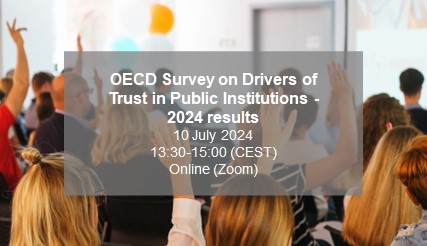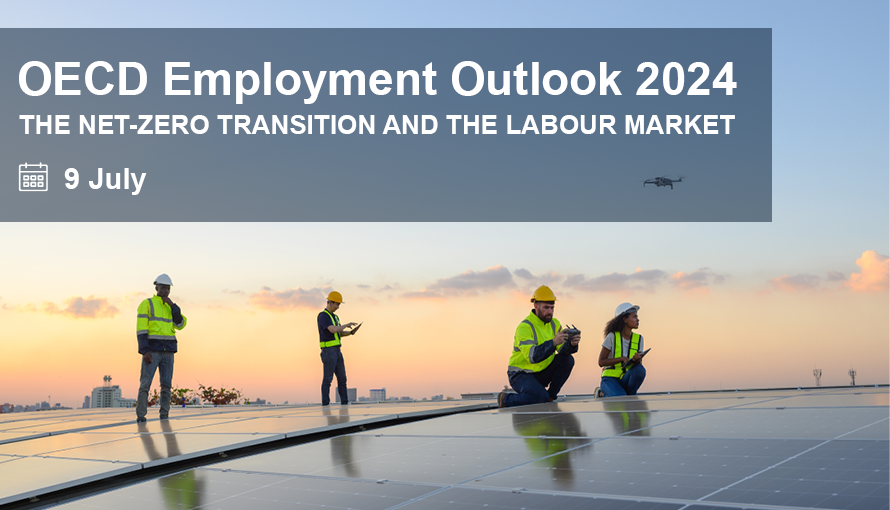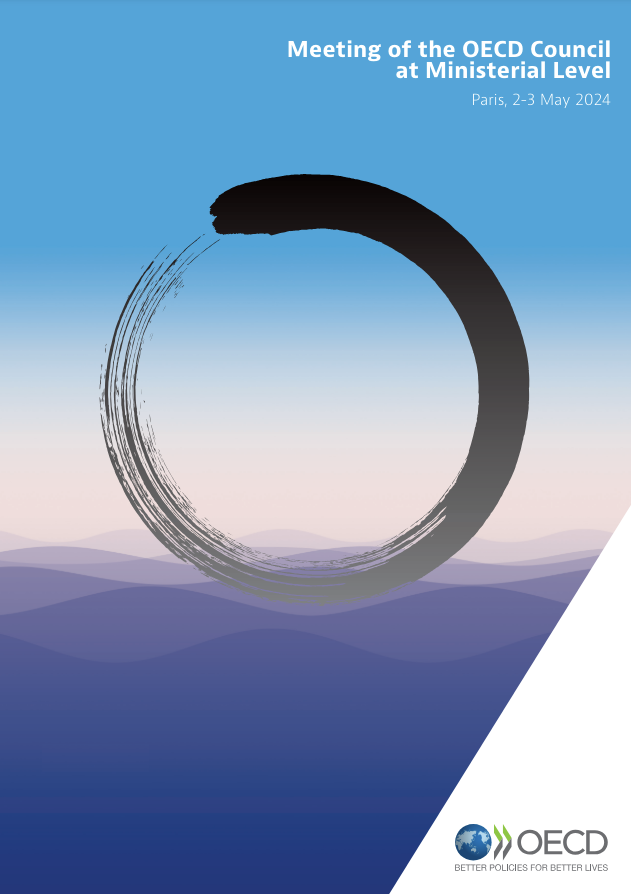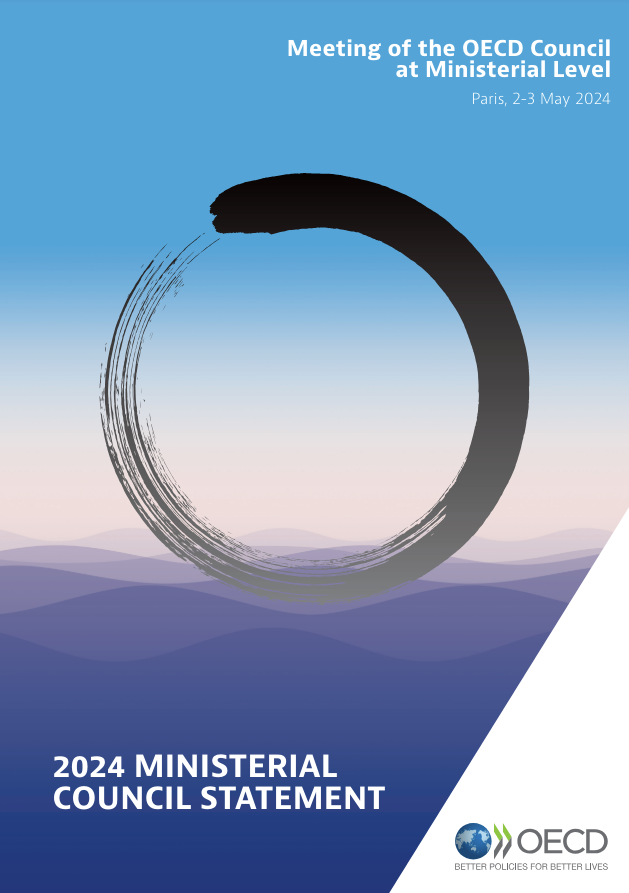OECD Home
- OECD Home
- About
-
Countries
- Afghanistan
- Albania
- Algeria
- Andorra
- Angola
- Anguilla
- Antigua and Barbuda
- Argentina
- Armenia
- Aruba
- Australia
- Austria
- Azerbaijan
- Bahamas
- Bahrain
- Guernsey
- Jersey
- Bangladesh
- Barbados
- Belarus
- Belgium
- Belize
- Benin
- Bermuda
- Bhutan
- Venezuela
- Bosnia and Herzegovina
- Botswana
- Brazil
- British Virgin Islands
- Brunei Darussalam
- Bulgaria
- Burkina Faso
- Burundi
- Cabo Verde
- Cambodia
- Cameroon
- Canada
- Cayman Islands
- Central African Republic
- Chad
- Chile
- Chinese Taipei^Taipei
- Colombia
- Comoros
- Cook Islands
- Costa Rica
- Côte d'Ivoire
- Croatia
- Cuba
- Cyprus
- Czechia
- Democratic People's Republic of Korea
- Democratic Republic of the Congo
- Denmark
- Djibouti
- Dominica
- Dominican Republic
- Ecuador
- Egypt
- El Salvador
- Equatorial Guinea
- Eritrea
- Estonia
- Ethiopia
- European Union
- Faroe Islands
- Micronesia
- Fiji
- Finland
- Republic of North Macedonia
- France
- French Guiana
- Gabon
- Gambia
- Georgia
- Germany
- Ghana
- Gibraltar
- Greece
- Greenland
- Grenada
- Guatemala
- Guinea
- Guinea-Bissau
- Guyana
- Haiti
- Honduras
- Hong Kong (China)
- Hungary
- Iceland
- India
- Indonesia
- Iraq
- Ireland
- Iran
- Isle of Man
- Israel
- Italy
- Jamaica
- Japan
- Jordan
- Kazakhstan
- Kenya
- Kiribati
- Korea
- Kuwait
- Kyrgyzstan
- Lao People's Democratic Republic
- Latvia
- Lebanon
- Lesotho
- Liberia
- Libya
- Liechtenstein
- Lithuania
- Luxembourg
- Macau (China)
- Madagascar
- Malawi
- Malaysia
- Maldives
- Mali
- Malta
- Marshall Islands
- Mauritania
- Mauritius
- Mayotte
- Mexico
- Monaco
- Mongolia
- Montenegro
- Montserrat
- Morocco
- Mozambique
- Myanmar
- Namibia
- Nauru
- Nepal
- Netherlands
- New Zealand
- Nicaragua
- Niger
- Nigeria
- Niue
- Norway
- Oman
- Pakistan
- Palau
- Palestinian Authority
- Panama
- Papua New Guinea
- Paraguay
- China (People’s Republic of)
- Peru
- Philippines
- Bolivia
- Poland
- Portugal
- Puerto Rico
- Qatar
- Moldova
- Congo
- Romania
- Russia
- Rwanda
- Saint Helena
- Saint Kitts and Nevis
- Saint Lucia
- Saint Vincent and the Grenadines
- Samoa
- San Marino
- Sao Tome and Principe
- Saudi Arabia
- Senegal
- Serbia
- Serbia and Montenegro (pre-June 2006)
- Seychelles
- Sierra Leone
- Singapore
- Slovak Republic
- Slovenia
- Solomon Islands
- Somalia
- South Africa
- South Sudan
- Spain
- Sri Lanka
- Sudan
- Suriname
- Eswatini
- Sweden
- Switzerland
- Syrian Arab Republic
- Tajikistan
- Thailand
- Timor-Leste
- Togo
- Tokelau
- Tonga
- Trinidad and Tobago
- Tunisia
- Türkiye
- Turkmenistan
- Turks and Caicos Islands
- Tuvalu
- Uganda
- Ukraine
- United Arab Emirates
- United Kingdom
- Tanzania
- United States
- United States Virgin Islands
- Uruguay
- Uzbekistan
- Vanuatu
- Viet Nam
- Wallis and Futuna
- Western Sahara
- Yemen
- Zambia
- Zimbabwe
- Curaçao
- Bonaire
- Saba
-
Topics
- Agriculture and fisheries
- Chemical safety and biosafety
- Competition
- Corporate governance
- Corruption and integrity
- Development
- Digital
- Economy
- Education
- Employment
- Environment
- Finance
- Green growth and sustainable development
- Health
- Industry and entrepreneurship
- Innovation
- Insurance and pensions
- Investment
- Migration
- Public governance
- Regional, rural and urban development
- Regulatory reform
- Science and technology
- Skills
- Social and welfare issues
- Tax
- Trade
- Ukraine




















